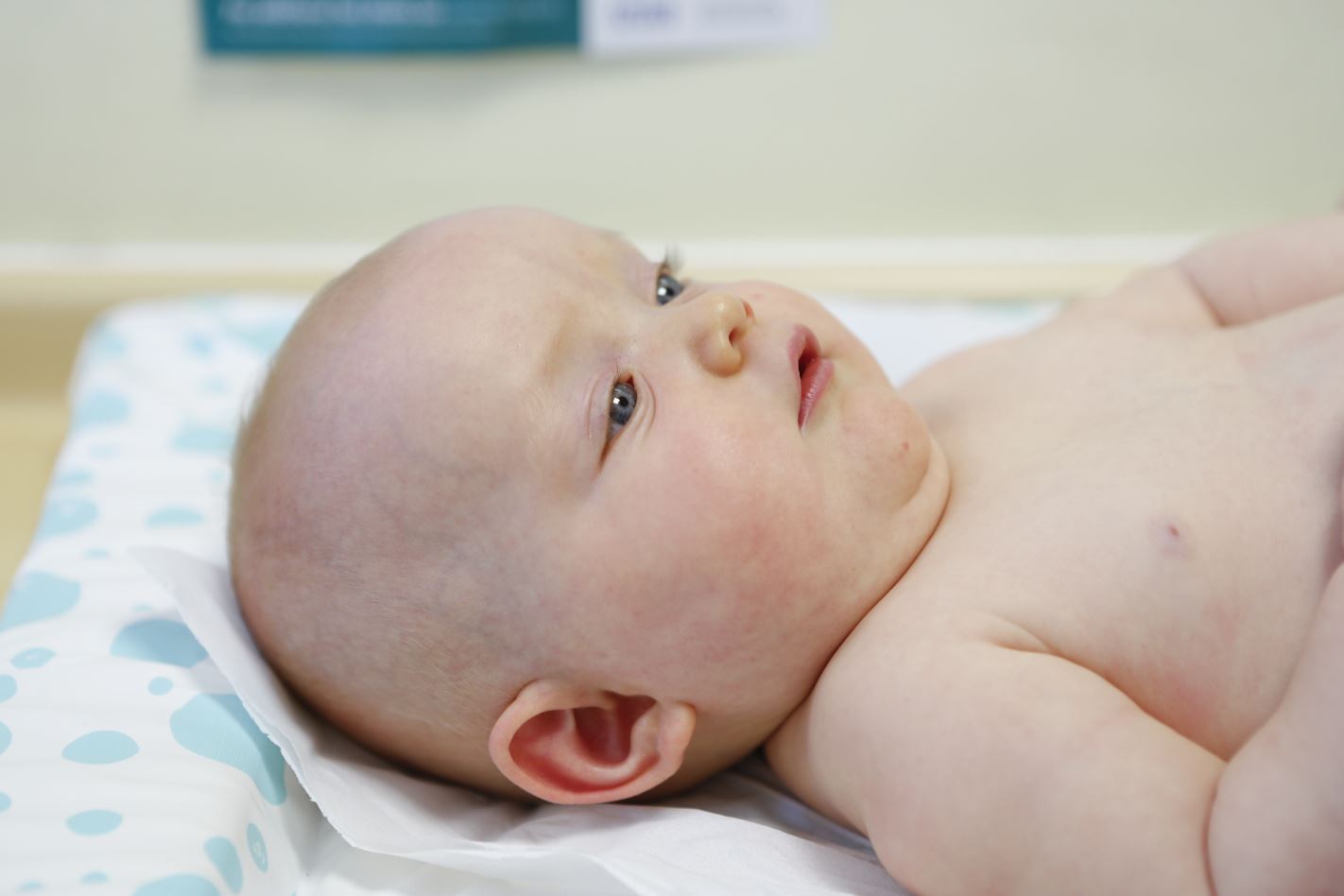Alison Morton, iHV CEO, together with Rebecca Price, Health Visitor Service Lead at Humber Teaching NHS Foundation Trust, feature in one of a series of interviews by the Local Government Association (LGA) to mark ten years of children’s public health being within in local government – Institute of Health Visiting: How innovation is offering hope in health visiting.
This year marks a decade since responsibility for health visiting and 0–5 public health services transferred to local government. The LGA has commissioned a series of interviews with thought leaders from across the sector on their thoughts on the impact made and what more can be done to support children.
In the interview, Alison and Rebecca discuss how innovation is offering hope in what has been and remains a challenging period for the profession.
This series of interviews bring together reflections from public health leaders across the country. Their insights are honest and clear: shining a light on what is possible when services work together, making the most of the opportunities to tackle the wider determinants of health and deliver services that are responsive to local need. They also do not shy away from the “elephant in the room”, that this is not happening in all areas and families are facing a postcode lottery of support. With deteriorating child health across our nation, there is a clear imperative to act. Children today are facing rising levels of poverty, mental ill-health and preventable conditions such as obesity and tooth decay. Meanwhile, health visiting and school nursing teams are stretched thinner than ever. Now more than ever, we need a joined-up, cross-government approach for children and a properly resourced national strategy to support the workforce that serves them.







